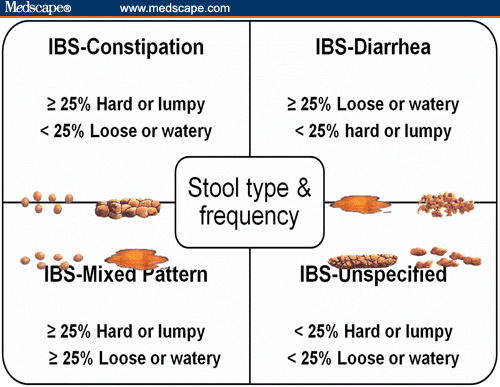In order for anyone to get the correct treatment they need to have the correct diagnosis of the problem. There are many conditions that have similar symptoms. A misdiagnosis will result in the incorrect treatment with possible serious consequences.
IBS can be mistaken for a number of other conditions
- Inflammatory bowel disease (IBD) such as Crohn’s
- Bowel obstruction can be caused by a few conditions eg diabetes
- Infections of the gut including infestations ie worms
- Some psychiatric disorder, anxiety or depression
- Abuse of laxatives
- Hyperthyroidism (overactive) and hypothyroidism (underactive). The thyroid gland not functioning correctly
- Rare but possibly fatal cancers of the bowel
The doctor should ask you questions about the symptoms and your medical history.
- Is there a family history of these symptoms and IBS
- Is there a history of bowel cancers
- Is there blood in the stools or bleeding from the rectum
- What medication you are on
- Has there been any stressful events lately
- Your diet
Your doctor will have his own preferred method of diagnosis, but these are the more common ones
- Blood tests are a standard and will detect a wide range of problems from cancers to thyroid.
- A stool sample can be used to rule out infections and infestations.
- If diarrhoea is prominent then lactose intolerance should tested.
- Endoscopy is used to rule out organic diseases in the upper GIT.
- A full colonoscopy is generally only done when the other tests indicate a possible more serious problem or you are over 50.

In addition, the doctor will want to review your symptoms
- Does the abdominal pain improve after a bowel movement or get worse
- Have the number of bowel movements a day changed?
- Has the appearance of the stools changed
The diagnosis is also time-dependent
- The symptoms last for at least a week in the last three months
- The first time symptoms started was at least six months ago
Once the diagnosis is complete the doctor will start the treatment

